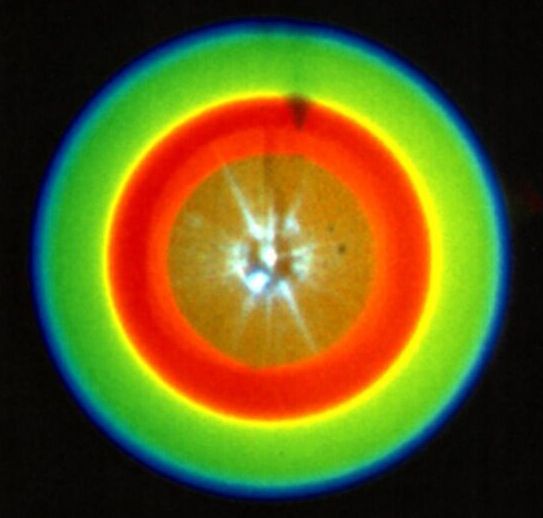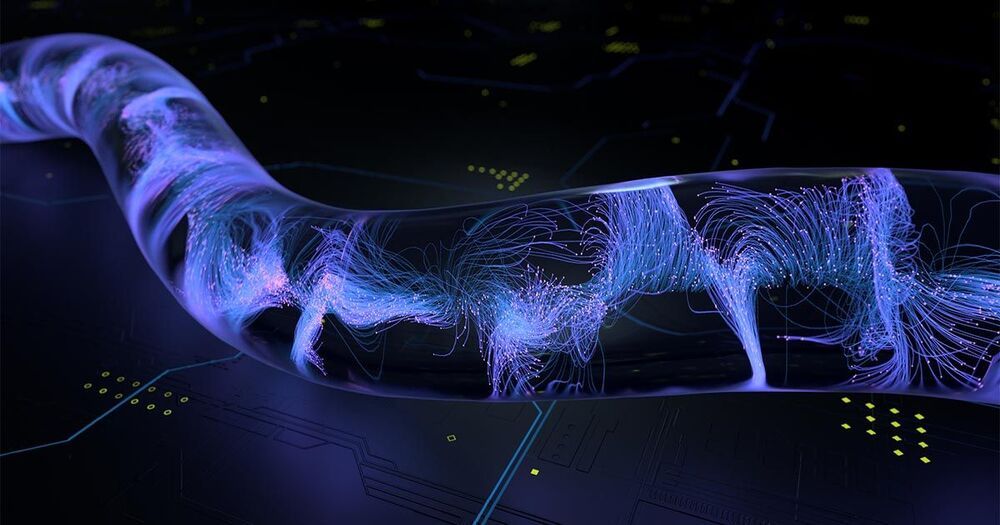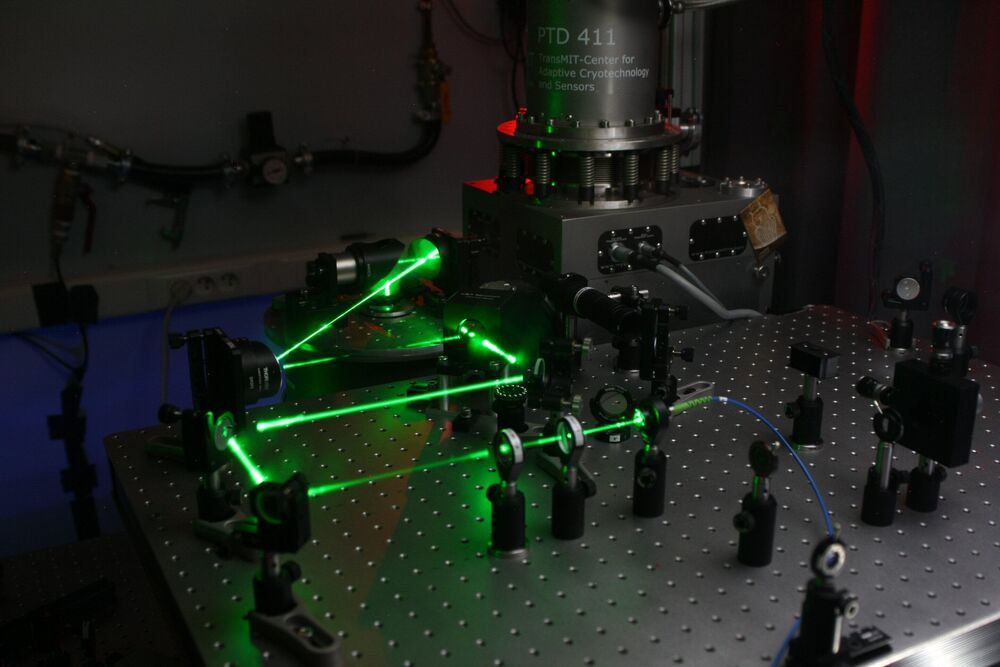“Klein tunnelling” has been observed directly for the first time.
A curious effect called “Klein tunnelling” has been observed for the first time in an experiment involving sound waves in a phononic crystal. As well as confirming the century-old prediction that relativistic particles (those travelling at speeds approaching the speed of light) can pass through an energy barrier with 100% transmission, the research done in China and the US could lead to better sonar and ultrasound imaging.
Quantum tunnelling refers to the ability of a particle to pass through a potential-energy barrier, despite having insufficient energy to cross if the system is described by classical physics. Tunnelling is a result of wave–particle duality in quantum mechanics, whereby the wave function of a particle extends into and beyond a barrier.
Normally, the probability that tunnelling will occur is less than 100% and decreases exponentially as the height and width of the barrier increase. However, in 1929 the Swedish physicist Oskar Klein calculated that an electron travelling at near the speed of light will tunnel through a barrier with 100% certainty – regardless of the height and width of the barrier.







